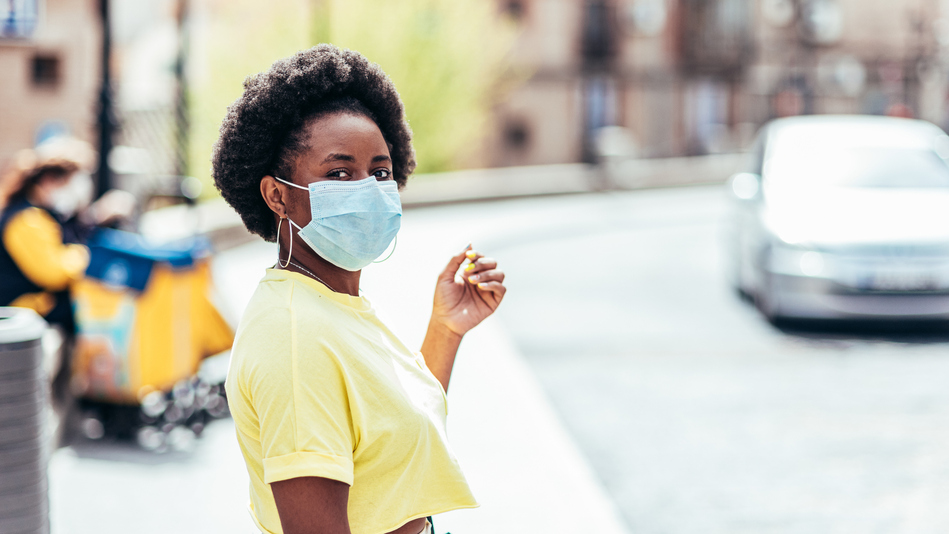- Empty cart.
- Continue Shopping
How to Protect Yourself from Air Pollution

Air pollution is a growing environmental concern that can have significant health impacts, especially in urban areas. Prolonged exposure to polluted air can lead to various respiratory and cardiovascular problems. While it may not always be possible to completely avoid air pollution, there are several steps you can take to protect yourself and minimize its effects.
1. Stay Informed
Keep yourself informed about local air quality conditions. Many cities provide air quality forecasts and real-time updates through government agencies or websites. Smartphone apps and air quality monitors can also help you stay informed about pollution levels in your area.
2. Limit Outdoor Activities on Poor Air Quality Days
On days when air quality is poor, try to reduce outdoor activities, especially strenuous exercise. When you engage in physical activity, you tend to breathe more deeply, which can lead to increased exposure to pollutants.
3. Plan Outdoor Activities Wisely
If you must be outside on days with poor air quality, plan your activities during times when pollution levels are lower. Pollution tends to be higher during rush hours and on hot, sunny days. Early morning or evening might be better times for outdoor exercise or errands.
4. Use Air Purifiers
Consider using air purifiers in your home, especially in bedrooms and living areas. High-efficiency particulate air (HEPA) filters can help remove fine particles from indoor air, reducing your exposure to pollutants.
5. Seal Windows and Doors
Ensure that your home is well sealed to prevent outdoor pollutants from entering. Proper insulation and weather stripping can help maintain indoor air quality.
6. Limit Indoor Pollution Sources
Reduce indoor sources of pollution, such as smoking, using gas stoves without proper ventilation, or burning candles or incense. These activities can add to indoor air pollution and exacerbate the effects of outdoor pollution.
7. Use N95 Masks
On days with severe air pollution or if you have to spend extended periods outdoors, consider wearing N95 respirator masks. These masks can filter out fine particles and protect your respiratory system.
8. Drive Less and Carpool
Reduce your contribution to air pollution by using public transportation, carpooling, biking, or walking instead of driving alone. Also, consider using electric or hybrid vehicles, which produce fewer emissions.
9. Plant Indoor Air-Purifying Plants
Certain indoor plants, such as spider plants and snake plants, can help improve indoor air quality by absorbing some pollutants.
10. Maintain a Healthy Lifestyle
A strong immune system can help your body cope with the effects of air pollution. Maintain a healthy lifestyle through a balanced diet, regular exercise, and adequate sleep to strengthen your immune system.
11. Stay Hydrated and Consume Antioxidants
Drinking plenty of water and consuming foods rich in antioxidants, such as fruits and vegetables, can help your body neutralize the harmful effects of free radicals generated by air pollution.
12. Consult a Healthcare Provider
If you have pre-existing respiratory or cardiovascular conditions, consult your healthcare provider for personalized advice and monitoring, especially during periods of poor air quality.
13. Advocate for Clean Air Policies
Get involved in local and national efforts to improve air quality. Advocate for policies that reduce emissions from sources such as industry, transportation, and power plants.
In Conclusion, While you may not have full control over the air quality in your environment, taking proactive steps to protect yourself from air pollution can significantly reduce its impact on your health. Staying informed, using air purifiers, planning outdoor activities wisely, and adopting a healthy lifestyle are all effective ways to minimize the risks associated with polluted air. By taking these measures and advocating for cleaner air, you can contribute to a healthier and more sustainable future.








